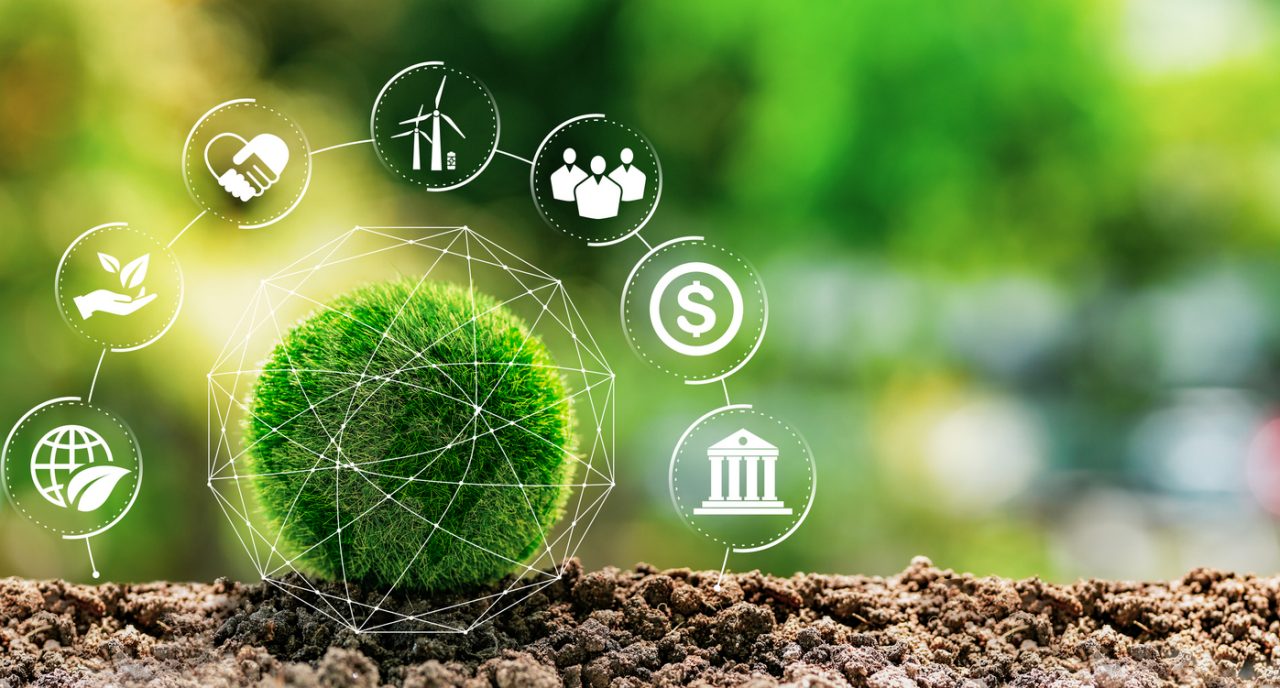When we look at the future of work, sustainability in all 3 areas—planet, people, and profit—is vital for the sustainability of our work. As we navigate the challenges of the future, HR's role in sustainability is crucial in building a better workplace environment
Understanding Green HR
The concept of green HR has gained prominence. It focuses on HR policies and practices that contribute to the protection and preservation of natural resources. Implementing Green HR practices offers numerous benefits to organizations, employees, and the environment.
- By promoting green values and instilling ecofriendly behaviors, companies can create a workforce that is knowledgeable about environmental issues and adopts a sustainable lifestyle. Employees who feel a strong sense of responsibility towards the environment are more committed to implementing the company's sustainability goals.
- Businesses prioritizing sustainability build a positive company image, attracting customers and job candidates who value environmental responsibility. Embracing gGeen HR practices can also lead to cost reduction as organizations optimize resource usage and implement sustainable measures throughout their operations; “less is more.”.
It's also important to acknowledge that sustainability operates in a space of its own. While corporate social responsibility (CSR) and sustainability may be used interchangeably, they have distinct focuses.
- CSR primarily addresses an organization's impact on society, encompassing ethical considerations beyond the environment. Sustainability takes a comprehensive approach to business management, aiming to maximize long-term economic, social, and environmental value.
- Sustainability focuses on creating systems and practices that can maintain themselves, fostering opportunities in emerging markets, and ensuring fairness in resource availability.
Also, by focusing on the ‘people pillar’ and building a sustainable workforce, HR departments can undertake many initiatives that are aligned with an organization's sustainability goals.
1. Hiring and developing sustainable leaders and employees—having a mission and achieving sustainability targets requires transformational leaders and employees equipped with the necessary skills and motivations. HR can select candidates and high-potential employees who possess these qualities and develop sustainability skills through on-the-job training.
2. Creating a culture of belonging is essential for a sustainable workforce. HR can work with employees to activate their individual purposes, enabling them to bring their whole selves to work. By leveraging data and technology, HR can build an inclusive culture that supports employee well-being and ensures everyone feels valued and heard.
3. Prioritizing employee well-being and safety is crucial for sustaining a workforce. HR can design comprehensive safety policies considering the long-term health risks associated with environmental harm. Additionally, HR can implement work-from-anywhere policies to reduce greenhouse gas emissions caused by employee commuting. Benefits like incentives for sustainable transportation options can also help support sustainability efforts. And finally, continuous learning is crucial for innovation and adapting to sustainability goals. To achieve this:
- HR Can establish learning systems that deliver behavioral change on the job, upskilling employees in sustainable practices. By providing accessible and self-paced learning opportunities, companies can drive a culture of innovation and ensure employees stay updated on sustainability trends.
- HR can embed sustainability efforts in policies and benefits to create consistency and accountability. This includes incorporating environmental metrics into safety goals, enabling remote work to reduce carbon footprints, ensuring fair and distributed compensation to support sustainable consumer decisions, and offering retirement funds that prioritize environmental, social, and governance issues.
Conclusion
By implementing initiatives like these, HR plays a pivotal role in driving sustainability by engaging employees, defining codes of conduct, fostering an inclusive culture, promoting health and safety, facilitating continuous learning, and designing sustainable policies and benefits. As we navigate the challenges of the future, HR's role in sustainability will be crucial in building a better working world for generations to come.
Also Read: HR Driven Organizational Sustainability
Was this resource helpful?




